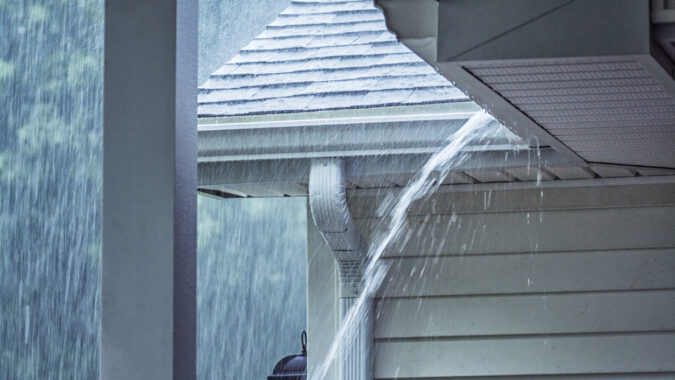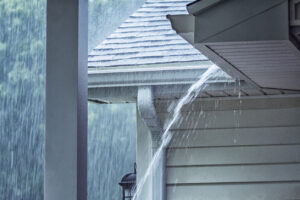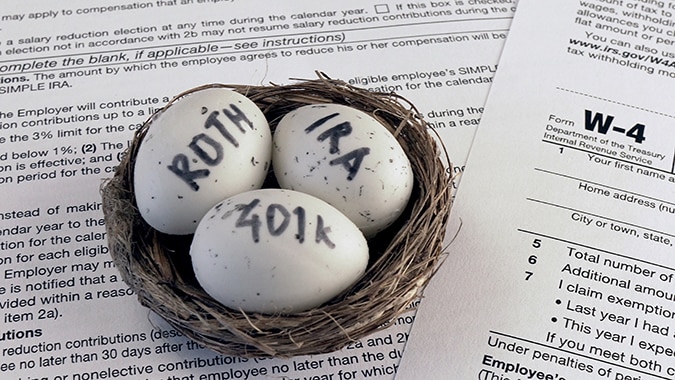While the news focuses on the debate between increasing the income tax on millionaires or hiking the corporate business tax rate, another potential cost increase has been working its way through the Legislature with little attention.
S-1073, which would allow for local government to create storm water utilities to address infrastructure for non-point source pollutions and charge user fees to pay for it. NJBIA opposes the bill.
“NJBIA understands the laudable goal of the sponsor to address non-point source pollution, flooding and infrastructure needs,” said NJBIA Chief Government Affairs Officer Chrissy Buteas. “However, we believe a comprehensive plan for our water infrastructure that also mitigates the impact on ratepayers should instead be considered versus a new tax on ratepayers.
“New Jersey is the most taxed state in the nation and our companies and residents are challenged by affordability and the overall cost of living here,” Buteas said. “For many businesses, the fees authorized in this bill would amount to double taxation, as many facilities already are required to obtain storm-water permits for their operations.”
How much the user fees will cost is difficult to predict. The bill requires that they be calculated based on guidance from the NJ Department of Environmental Protection, but such guidance would not be issued until after the bill is signed into law.


